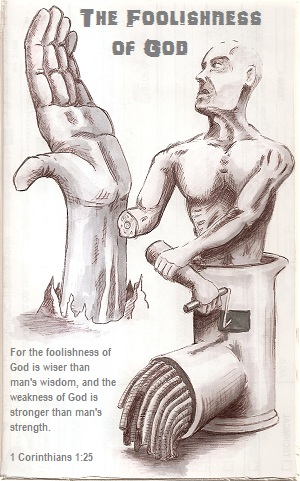I recently tweeted three proposed
Constitutional amendments on my Twitter page and I’d like to flesh out my
reasons for doing so here (where I’m not bound by the 140 character limit).
Here are the amendments:
-
No public funds shall be used to subsidize, promote or foster any private enterprise or branch of industry.
- No individual, unless employed by the federal government, shall receive public funds.
- Any state passing a law declaring its intention to secede from the union shall be allowed to freely do so.
So let’s take them one at a time.
No public funds shall be used to subsidize, promote or foster any private enterprise or branch of industry.
This is pretty self-explanatory – this ends
corporate welfare. If enacted it would
stop our politicians from rewarding their corporate sponsors. It would also make this country a level
playing field for businesses, because the government would no longer be able to
pick winners and losers – the market (that’s us!) would do that! Think about it, had this been the law of the
land in 2008, the massive 700 billion dollar bailout of Wall Street would have
been illegal.
No individual, unless employed
by the federal government, shall receive public funds.
This is similar to #1 only it is aimed at
individuals. This would make it illegal
for the government to take money from one person and give it to another. Now, before everyone gets all up in arms
about the poor and needy, let me just point out that there is a way for the
government to support the poor and needy – it would have to hire them! That’s right – instead of giving people money
because they are poor, the government would have to give them a job. No more “money for nothing”!
Any state passing a law
declaring its intention to secede from the union shall be allowed to freely do
so.
OK, this is probably the most controversial
one – if only because we’ve been conditioned to equate “secession” with “slavery”
in this country. This has nothing to do
with slavery however; it is all about checks and balances. The
Articles of Confederation – the law of the land before the Constitution –
created a government that was essentially a loose confederation of sovereign
states. Because of this, many of the
framers of the Constitution were very concerned that a new federal government
would eventually engulf and obliterate the states. They spent hours debating ways to create branches
of government that would be independent of one another and, if need be, oppose
one another. The idea was to combat tyranny
– which would certainly creep in if one branch of government got too powerful
or if two branches could collude together with no way for another to oppose
them. Well, the ability for a state to
secede from the union is a check on federal power. This is nothing new, there was talk of
secession almost from the beginning, but there are those in power now who would
insist (as Lincoln did) that no state has the right to secede and that all
measures – including war – can be used to stop that from happening. That, friends, is tyranny! This union of states – if not voluntary – is coerced. This amendment would end that once and for
all.
